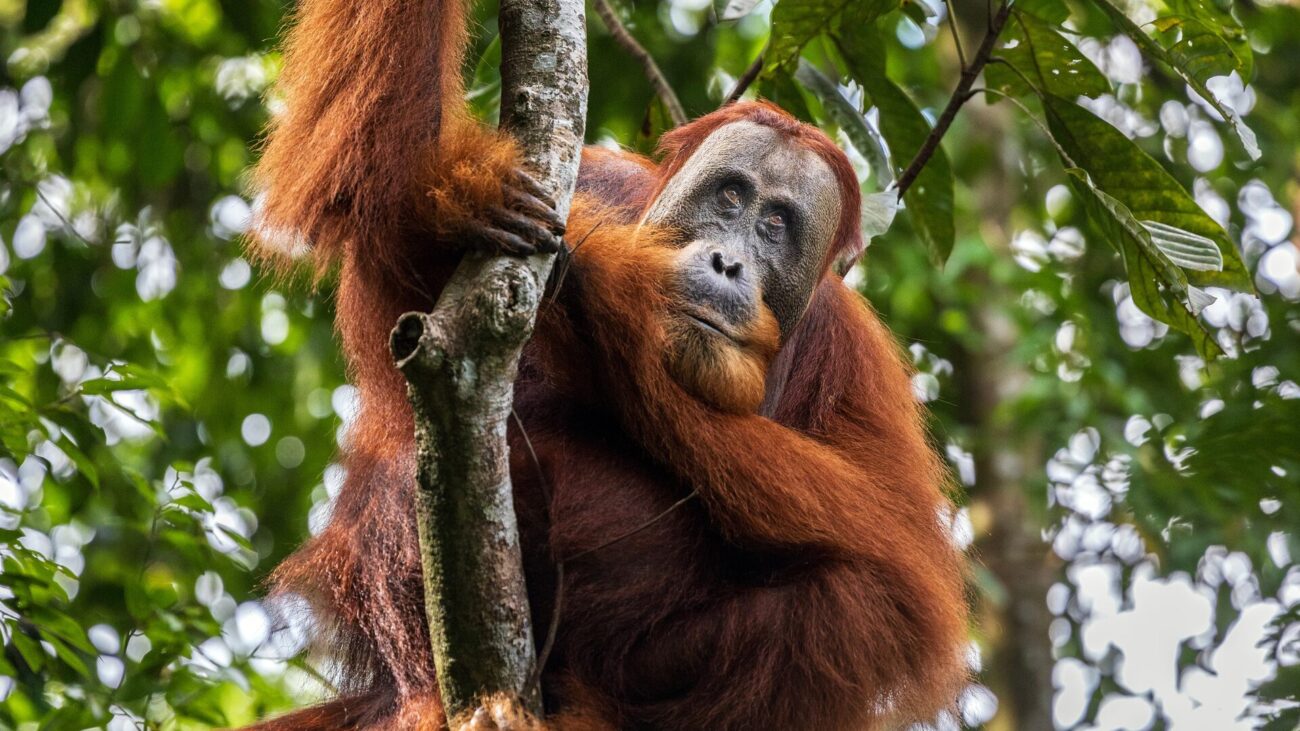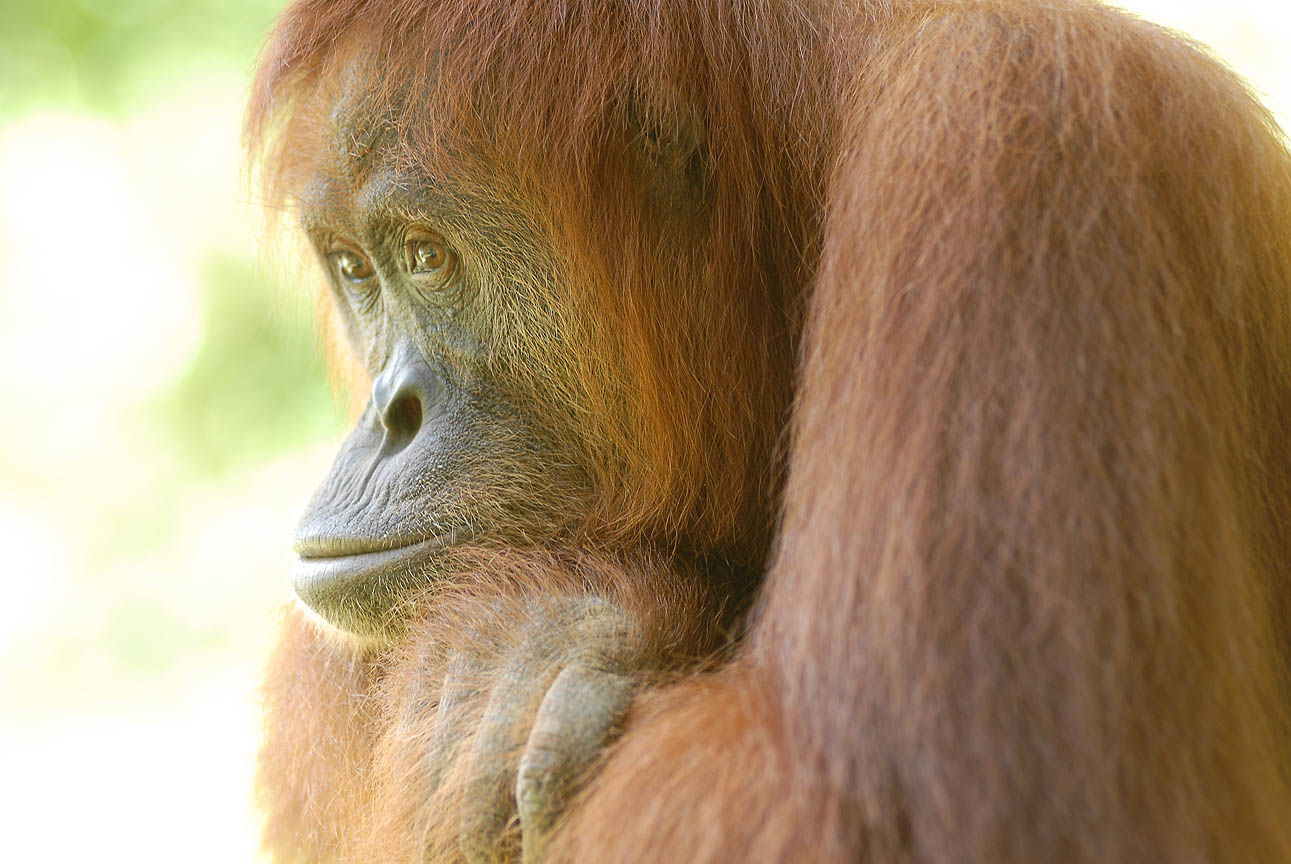
Language is considered unique to humans, which has led many to question how language has evolved. One crucial cognitive ability is called “event decomposition”. This means having the ability to determine the “agent” (the entity performing an action) and the “patient” (the entity upon which that action is being performed). For example, the sentence “Alice picked up the caterpillar” has Alice as the agent and the caterpillar as the patient.
New research shows that great apes can decompose events. This is a skill previously thought to be unique to humans. The study found that gorillas, chimps, and orangutans can distinguish between “who did what to whom” — a fundamental building block for language. This discovery challenges our understanding of human uniqueness and the evolution of language itself.
So, if apes possess the underlying cognitive mechanisms to evolve language, why haven’t they done so? The answer remains unclear but the researchers suggest that although apes possess the cognitive ability, they do not have the motivation or resources. Early humans, driven by large brain size and social cooperation, moved from communicating about individual entities (such as alerting the group to a predator), and to communicating about the interaction between entities.
The line between communication and language is blurring, and the more we learn about orangutan cognition, the more fascinating it becomes! We must protect these incredible creatures and their rainforest homes.
You can help protect Sumatra's Orangutans. Click to get updates
